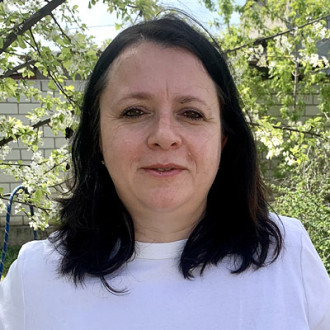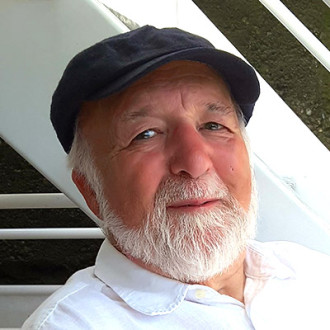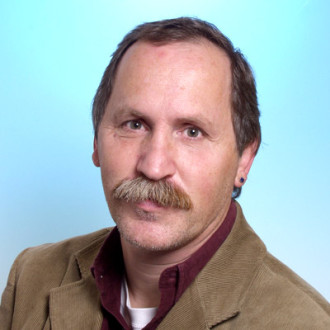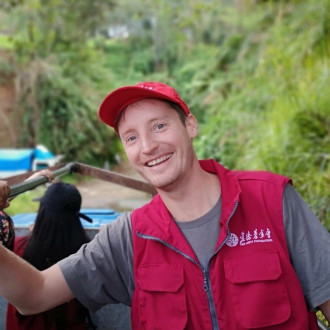Moderators | On-line space
Back to homepage- Our Themes
- Diaconia
- Diaconia and related concepts
- Diaconial Church
- Conviviality as a core concept for diaconia
- Spirituality for Social Engagement
- Understanding of spirituality and theological reflection
- Spiritual and theological reflection on practice for practitioners
- Spiritual and theological reflection in practice with groups
- Guides to Spirituality
- Bible material and studies
- Questions and material for reflection and discussion
- Prayers
- Spirituality for social engagement – podcasts and videos
- Diaconical Work
- Christian Social Practice
- The personal roots of Christian social practice
- Approaches to Christian Social practice – service models
- Working with persons and families as Christian social practice
- Group work as Christian social practice
- Community development as Christian social practice
- Research in Christian social practice
- Safeguarding as a practice for Church and Diaconia
- Ethical questions in Christian Social Practice
- Christian social practice – podcasts and videos
- Diaconal & faith-based organisations
- The characteristics and culture of a diaconal organisation
- Leadership in diaconal organisations
- Project development & management
- Accountability evaluation of projects and organisations
- Diaconal and faith-based networks and research
- Diaconal and faith-based organisations – podcasts and videos
- Diaconia and sustainable development
- Diaconal Pedagogy
- Marginalised Young People
- The history of youth work
- Christian youth work and youth ministry
- Theology of youth work
- Understanding young people and youth development
- Marginalisation of young people
- Approaches and working methods in youth work
- Work with marginalised young people and young people at risk
- Work with young people with special needs
- Young people as leaders and working for change
- Ethical issues in work with young people
- Safeguarding in work with young people
- Participatory Management and evaluation of work with young people
- Working with young people - podcasts and videos
- People on the Move
- Understanding and mapping migration causes and trends
- Refugee movements and the reasons behind people being uprooted
- Political Frameworks & Declarations on Migration and Refugee Movements
- Policy Frameworks & Policies of Official Bodies and NGOs
- uprooted Processes for the integration of migrants and immigrants
- The process of seeking asylum and refugee recognition
- Approaches and Working Methods with ‘People on the Move’
- Local churches and ‘People on the Move’
- Immigrant and ethnic minority led churches
- Theological reflection on migration and on church responses to increasing migration
- Diaconal organisations working with ‘People on the Move’
- People on the move – podcasts and videos
- Current Conflicts
- Peace Building
- Roots of Conflict and conflict as an aspect of everyday life
- Religion, Identity and conflict
- Interpersonal conflict - analysis and approaches to resolving it
- Intra and inter group conflict analysis and working methods
- Structural conflict and analysis and working methods
- Religion and Peace
- Training Manuals & Handbooks
- Peace Building – podcasts and videos
- Christian Social Practice
- Social Analysis
- Poverty and Inequality
- Concepts and understanding inequality, poverty, marginalisation and exclusion
- Globalisation, unemployment and marginalisation
- Global social policy and international organisations
- Poverty and marginalisation in different contexts
- Social policy and social welfare systems
- Social justice, solidarity and well-being
- Analysing poverty, exclusion and marginalisation on the local level
- Approaches and working methods to combat poverty and social exclusion
- Biblical understanding of poverty and exclusion
- Theological understanding of poverty and exclusion
- Poverty and inequality – podcasts and videos
- Poverty and Inequality
- Diaconia
- Our Learning Programmes & Seminars
- Make Change Yourselves: Turning Challenges to Your Advantage!
- Christian Social Action And Diaconia. New Foundations For Responding To Today's Challenges
- Peace Building for Convivial Life Together
- Learning Programme. Peace Building Towards Convivial Life Together- 2
- Non-Violent Communication
- Walking with God: mutual support for the spiritual journey
- Our Learning Community
- About us



